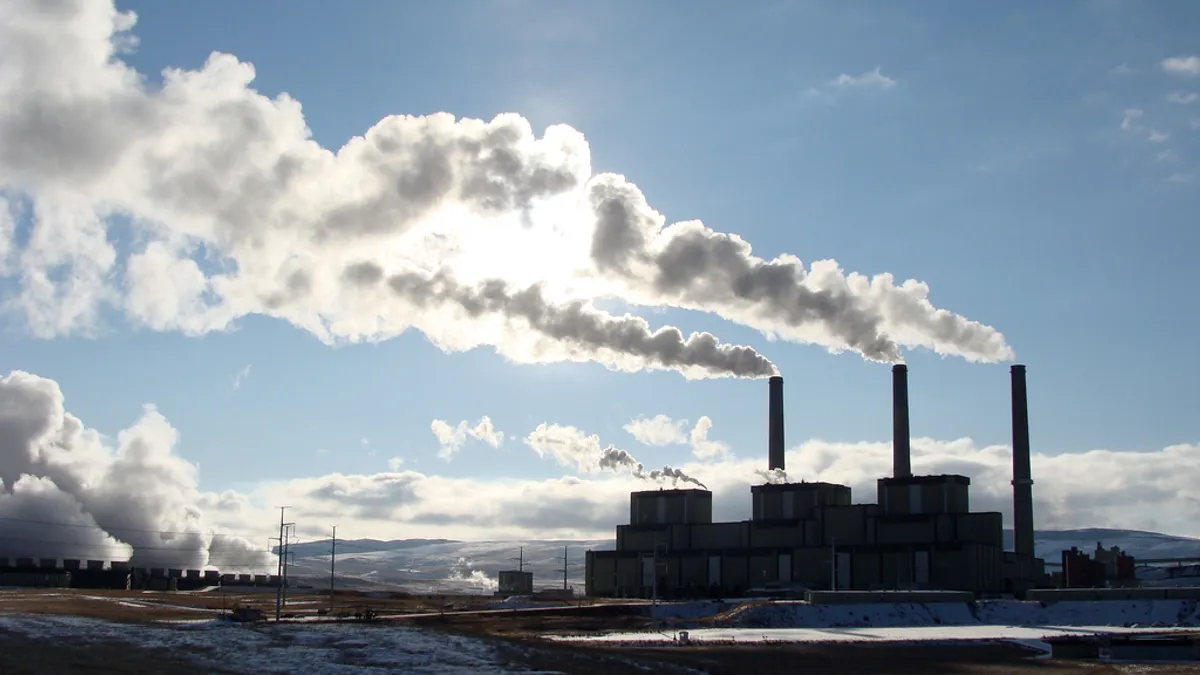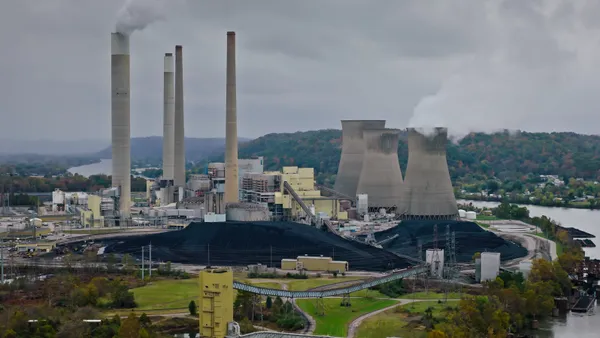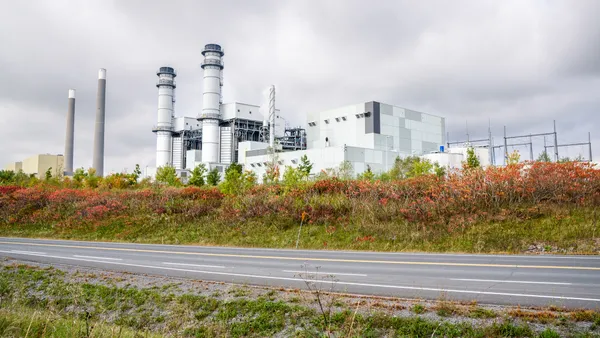Dive Brief:
- The U.S. Environmental Protection Agency intends to file changes to its Mercury and Air Toxics Standards (MATS) by spring 2016, seeking to make fixes after the U.S. Supreme Court struck down the law in June.
- The high court ruled the EPA erred by not considering the costs of emissions reductions before writing the new rules, but regulators say they can show the law is "appropriate and necessary" based on a wealth of data the agency examined.
- EPA told the U.S. Court of Appeals for the District of Columbia Circuit it will justify the regulations by April 16, which is the deadline for power plants given a one-year extension to comply.
Dive Insight:
The U.S. Supreme Court essentially told federal regulators they put the cart before the horse when crafting the Mercury and Air Toxics Standards rule, but regulators said they can quickly fix the issue. Many experts, however, say the ruling will have little impact on the power sector itself as most utilities have invested in pollution-scrubbing technologies and are now already in compliance with the MATS rule.
While the Supreme Court rejected portions of the MATS rule in June, on the logic that EPA had failed to do a cost-benefit analysis before writing the rules to show they were necessary, regulators say there is no question the emissions limits provide substantial benefit. The court's ruling focused on how the agency determined that the regulations on mercury were “appropriate and necessary,” an initial finding that begins the process of writing a regulation. The Hill notes that EPA has found a roughly 10-1 health benefit-to-cost ratio, but came up with those numbers after deciding to regulate mercury and other harmful pollutants.
“EPA intends to submit a declaration establishing the agency’s plan to complete the required consideration of costs for the ‘appropriate and necessary’ finding by spring of next year," the agency told the appeals court.
The Supreme Court remanded the case back to the D.C. Circuit court, which must now determine how to proceed. EPA made its filing in response to the Tri-State Generation and Transmission Association's request to further delay compliance at its coal-fired station in Nucla, Colorado.















